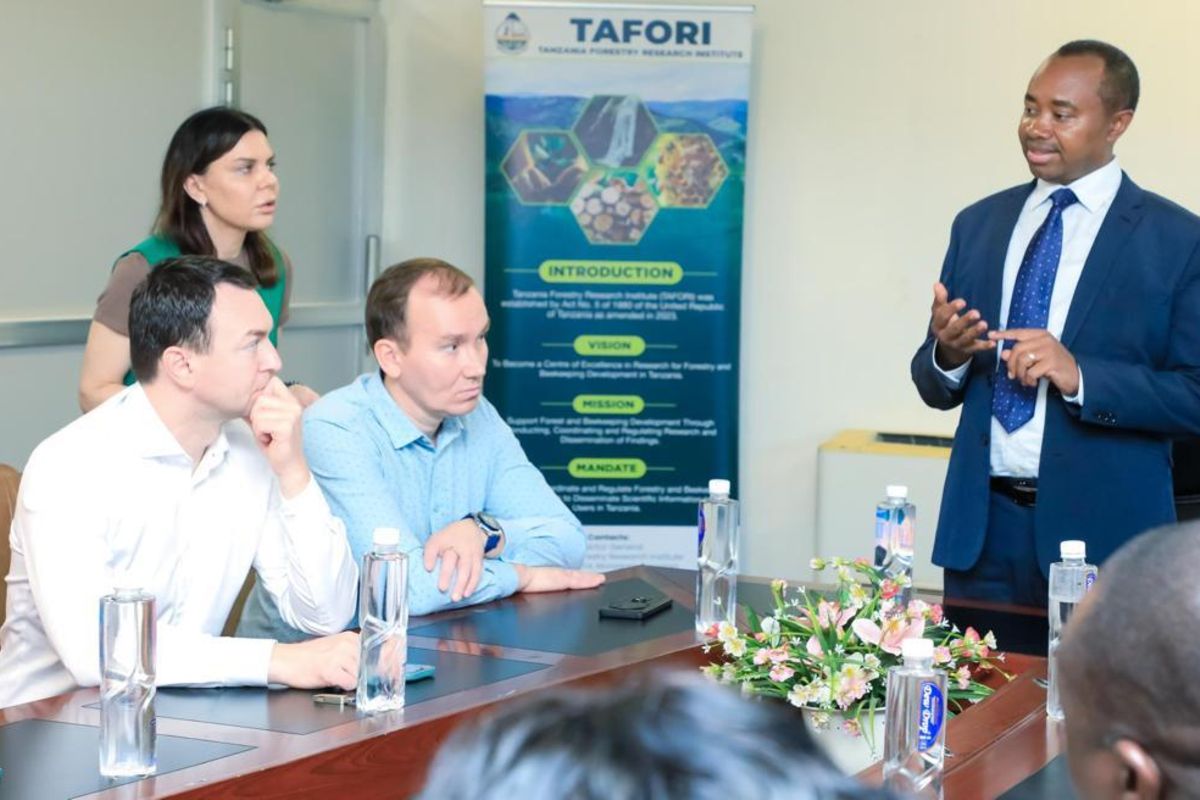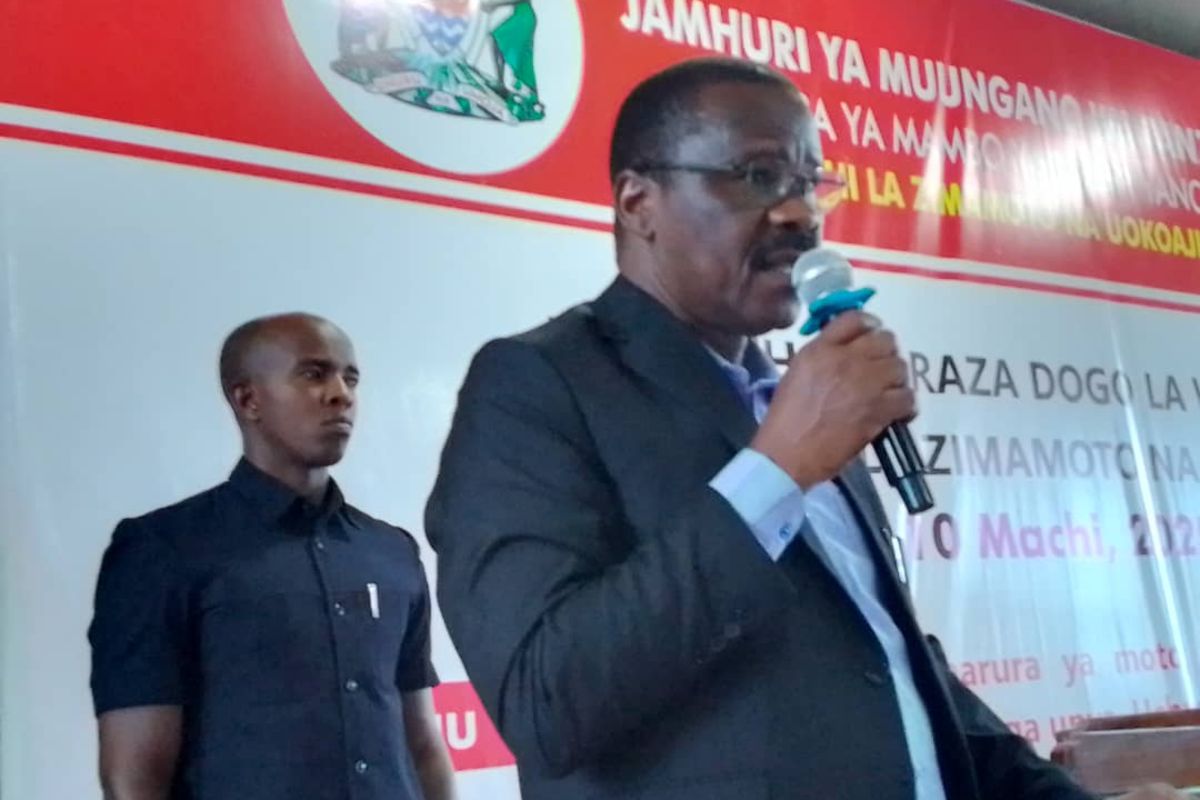UCHAMBUZI WA MALOTO: Magufuli alidhibiti upinzani kwa nguvu, kwa Samia unadumaa kiaina
Miaka minne yenye tafsiri mbili imekatika. Minne tangu kifo cha Rais wa tano, Dk John Magufuli na minne ya urais wa Samia Suluhu Hassan. Machi 17, 2021, taifa lilitangaziwa kifo cha Dk Magufuli, Rais wa Tanzania wa kwanza kukutwa na mauti akiwa ofisini.Continue Reading












